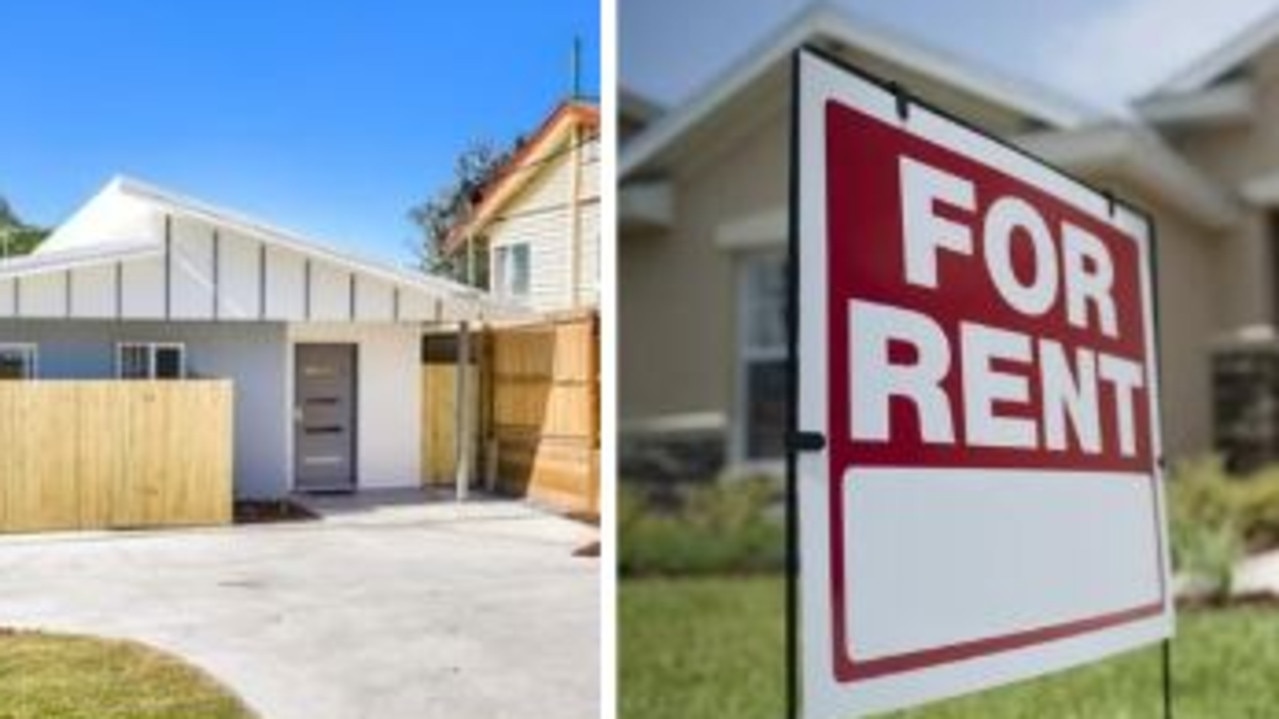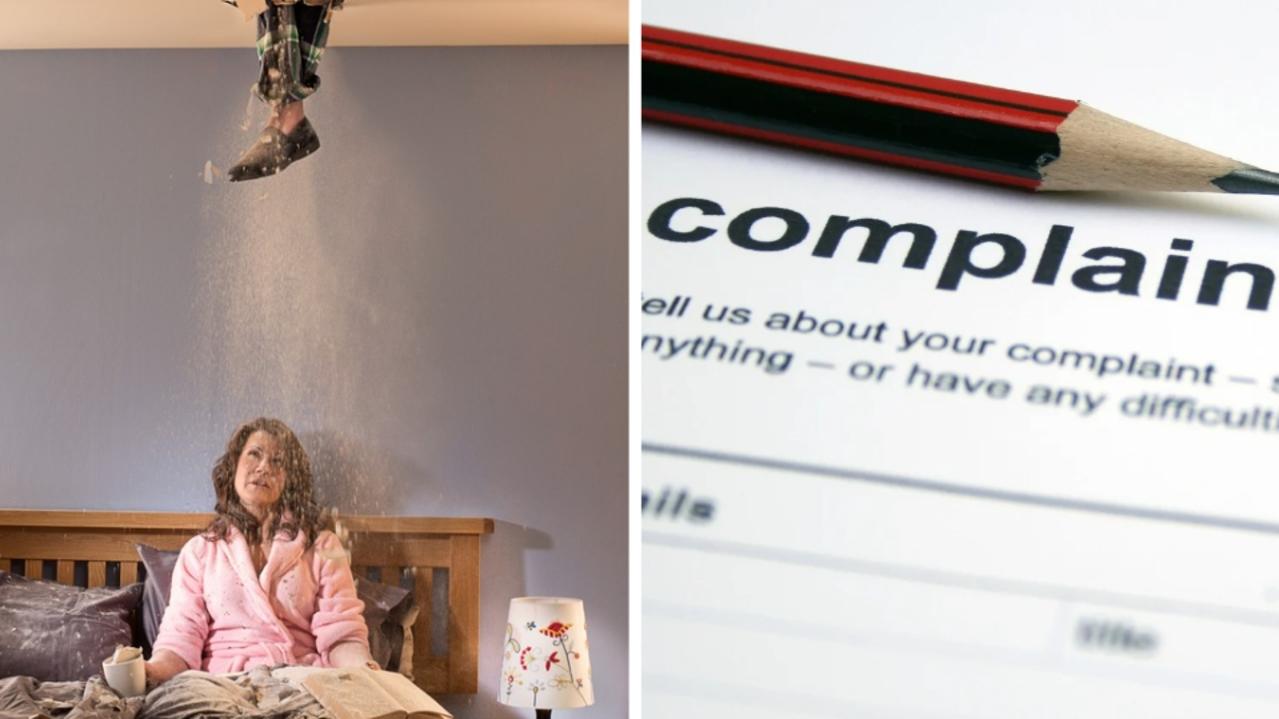Aussie single mum forced to pay $11,000 after facing 40th rental move
A Melbourne renter forced to pay $11,000 after receiving a notice to vacate went on to make a truly devastating discovery.

When a postie arrived on Sharon Westin’s doorstep with a Registered Post letter late last year, her “heart sank” immediately.
The single mum of two teenage boys is a long-term renter, and she knew from painful previous experience that it would be a notice to vacate the property, despite assurances from her landlord that the Melbourne family would likely be able to extend their 12-month lease for several years.
Sadly, her instincts were correct – the family was given a 90-day notice to vacate the home after living there for just nine months.
It meant Ms Westin had to scramble to find a new place in the midst of a devastating rental crisis in which the national vacancy rate stands at just 1.1 per cent.
In March, vacancy rates across greater Sydney and Melbourne remained at 1.3 per cent and 1.1 per cent respectively.
Thankfully, Ms Westin was able to find a new home in the city’s southeast, with the family moving in around 10 weeks ago – but not before being forced to fork out a whopping $11,000 in various moving costs and undergoing significant stress.
“The only reason given was that they didn’t want to extend the lease,” Ms Westin told news.com.au.
“I found out by searching online myself that it was advertised for a higher price. I wasn’t asked if I could pay that amount.
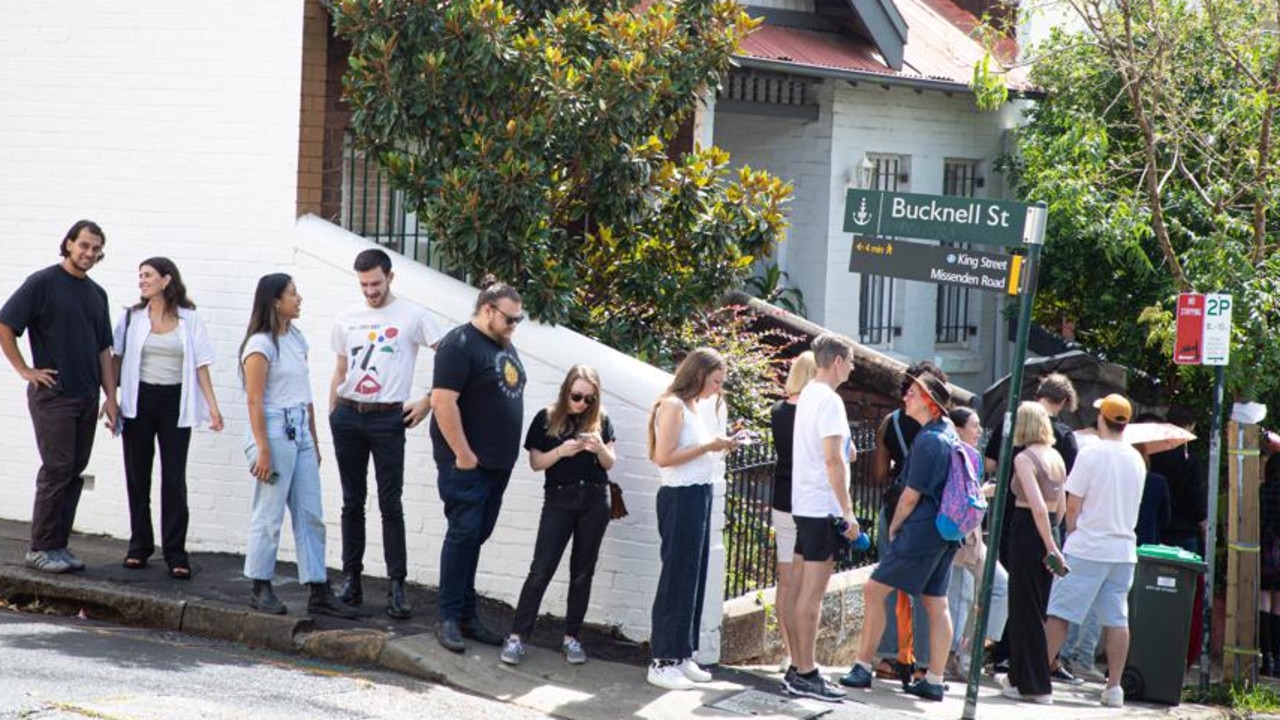
“I am now living in my 40th house, and that move cost me $11,000. The weekly increase was only $60, which would have been far cheaper for me to pay than to have to move.”
Ms Westin and her children have lived in six different houses over the past seven years alone as a result of Australia’s rental system, which is notoriously tough on tenants, and she said it was time for more compassion and transparency in the industry.
“A week before I got the notice I got an email asking if I wanted to extend the lease and I replied yes,” she said.
“I was upset they didn’t even bother to ask me if I wanted to pay more. I still don’t understand – I’m a good tenant, I pay on time, I don’t have parties – there’s no reason to be kicked out.
“I was gutted, I was pretty angry – this move cost me $11,000 out of pocket. I had to pay the new bond before I got my old bond back, the first month’s rent even though I had just paid a month’s rent on the previous property, removalists and all other associated costs that come with it. I had to take a week off work and it all adds up.”
Ms Westin explained that renters lived with constant uncertainty as they could be turfed out of their homes with little notice and for no reason – a scenario made all the more “horrendous” when children were involved.
“It usually takes a few months to sort out maintenance issues (in a new property) and then when you receive a notice to vacate after nine months, it means you only really have six months to be settled – you’re always worried you’ll have to move again,” she explained.
“I don’t like to use the term PTSD but this one was the hardest move for sure, I was in such a bad state mentally because of the stress of having to move again. I work from home as well so I was moving my business as well as my home, and you just feel displaced.”
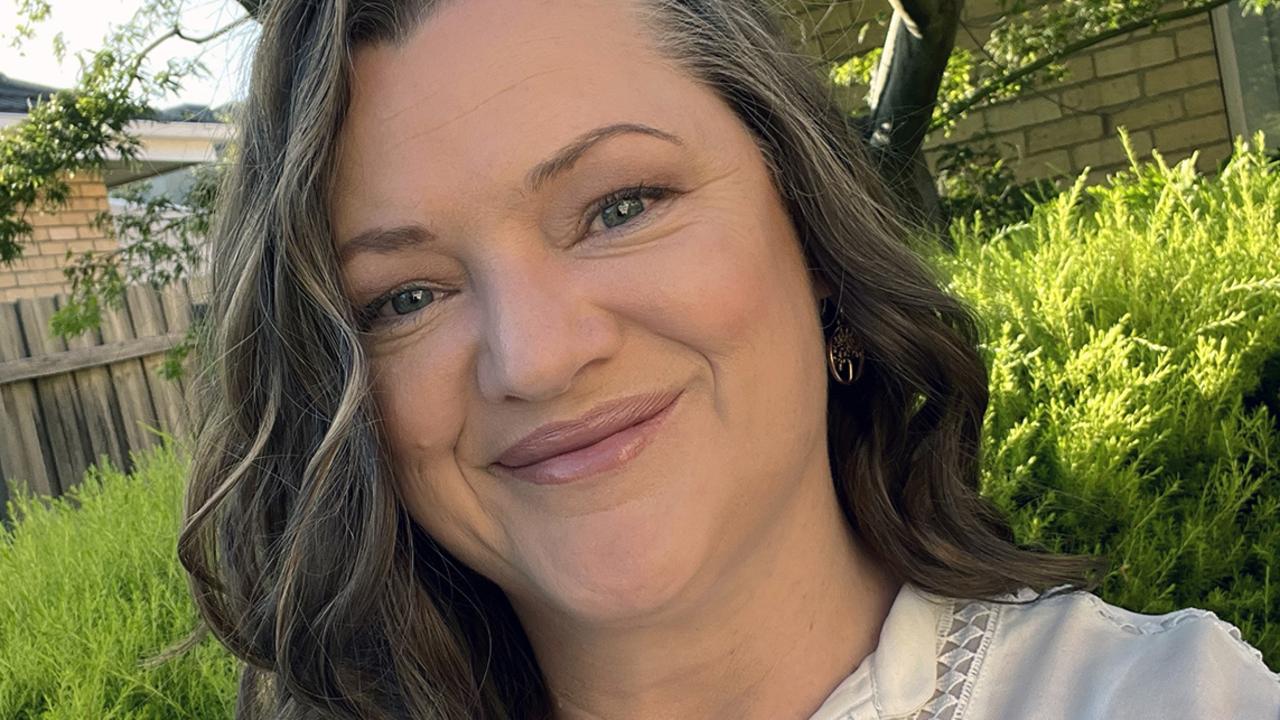
Ms Westin said she would like to see more protections in place for tenants, although she stressed that any changes would also need to be fair to landlords as well.
“This is our home, not an investment, and having to move so many times is extraordinary, especially being a good tenant. If I was a bad tenant I could understand being kicked out, but perhaps we need some sort of rating system – if we do it for Uber, why can’t we do it for property managers, landlords and tenants?” she asked.
“When you have to move so often, you simply can’t save enough – usually between $5000 and $10,000 – to move house.
“I can’t physically do it myself anymore so I had to hire removalists which cost $3200 alone, and then I spent an extra $1000 cleaning the carpets at the previous and new properties. Plus there’s the time and the energy you spend. I have been getting sick all the time and I’m sure it’s just the stress of the past year.”
Ms Westin said she would especially like to see longer leases offered, as well as more humanity shown by real estate agents.
“Many real estate agents just don’t have people skills – at the last house, they wanted to have an inspection on the day I was moving,” she explained.
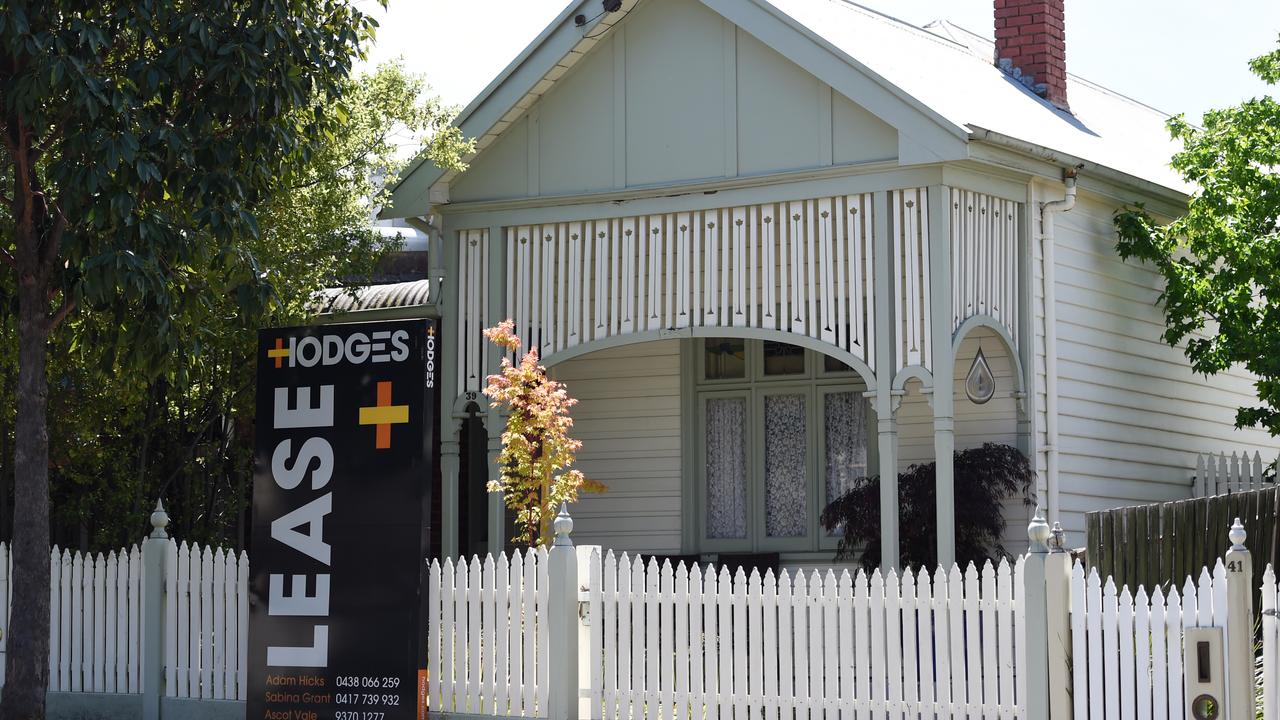
“I contacted them and spoke to the property manager who said sorry, they ‘had to do it’. I asked to speak to her boss, and she just laughed at me and said ‘we can do whatever we want’. I was in tears I was so stressed, and I just thought, where is the compassion from these people?
“They don’t care. Out of all the landlords and real estate agents, only a very, very small handful have been kind.”
Tenants’ Union of NSW chief executive officer Leo Patterson Ross told news.com.au it was now very common for renters to be evicted, only to find the property relisted for a higher price soon after.
“We hear from renters who feel frustrated when they see what was their home listed on a real estate website and have no recourse,” he said.
Property law expert and solicitor Monica Rouvellas also told news.com.au that Australian property managers were often “incentivised to evict tenants as they get a full week’s rent plus advertising costs when a new tenant goes in”.
“Removing the no grounds evictions will prevent this from happening,” she said.
“It doesn’t prevent the landlord from still evicting a tenant for property damage or not paying the rent, whilst providing both parties security – for the tenant, security of having a place to live and not having the costs associated with moving every few years for the sake of greedy agents, and for the landlord, having consistent cashflow.”




